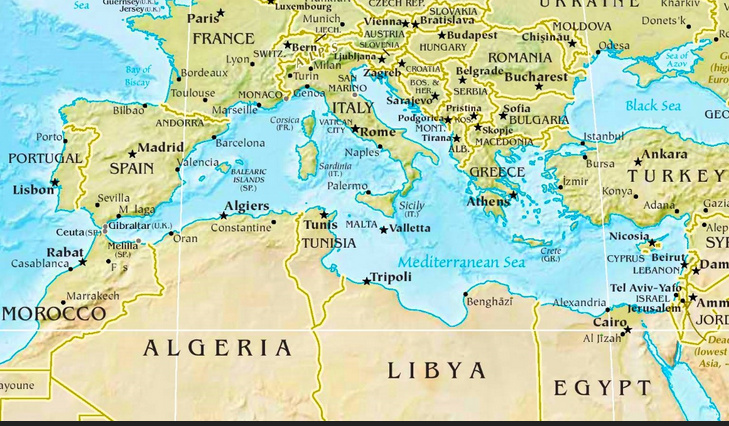Well, it’s good that you are feeling great in your body. I think any way of eating we choose should make us feel better, not worse.
Looking through your previous posts, I think that you were putting your body under excessive stress which can really affect your health, keto aside. Intermittent fasting, excessive exercise, a stressful job, and adapting to fat burning after years or decades of being fueled by carbs, are all very stressful on the body on their own, let alone combined. On top of all of that, you have stated you struggle with sleep. I can definitely see why you had some issues.
I think perhaps going much slower and removing or reducing many of those stressors may have helped.
Well, best of luck and hope you find a way of eating that works for you in the long term.



 Some people put almond flour and lactose into everything and some people totally avoid them. Some people ban absolutely nothing on keto and others almost everything.
Some people put almond flour and lactose into everything and some people totally avoid them. Some people ban absolutely nothing on keto and others almost everything.